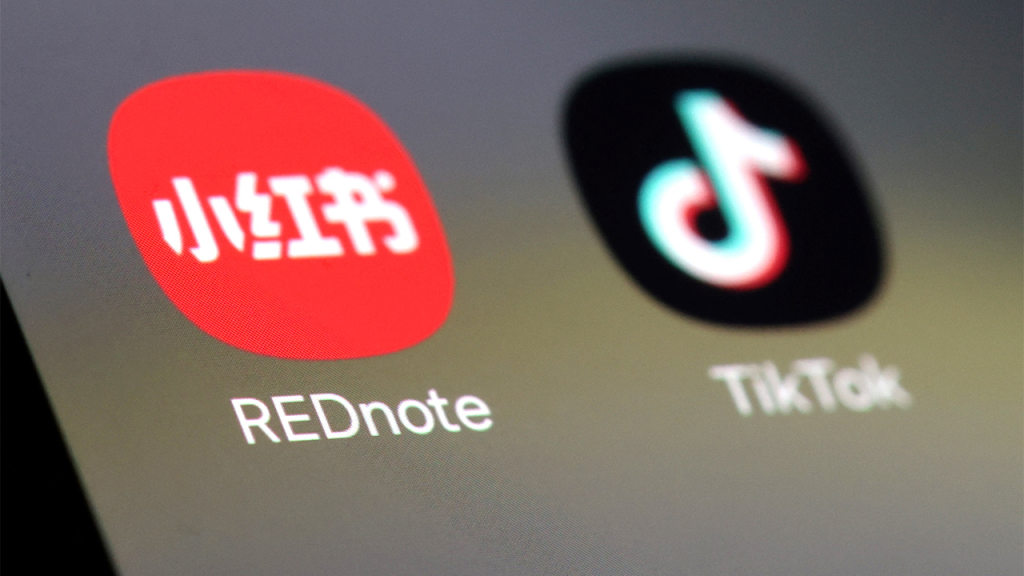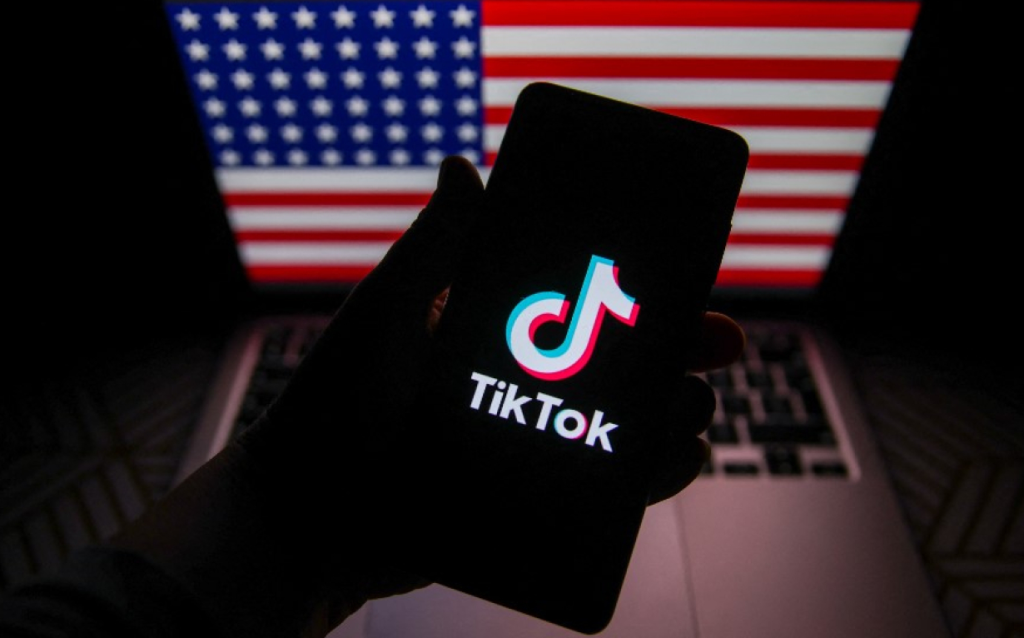In a move that has left millions of users scrambling for answers, TikTok is officially banned in the United States as of late Saturday night. The wildly popular app went dark just minutes before a nationwide ban took effect. For those wondering, “Is TikTok banned?” or seeking the latest “TikTok ban update”, here’s a comprehensive breakdown of what happened.
FAQs About the TikTok Ban
- Is TikTok banned in the US? Yes, TikTok is officially banned in the United States as of Saturday night.
- What time did TikTok go down? TikTok went dark around 10:30 PM ET, ahead of the midnight ban deadline.
- Can TikTok be accessed with a VPN? While technically possible, using a VPN to access TikTok may violate U.S. law and is not a reliable solution.
- Will TikTok make a comeback? There’s a possibility if ByteDance sells its U.S. operations or negotiates with Trump’s Cabinet and lawmakers.
When Did TikTok Get Banned?
TikTok users in the U.S. were met with a shocking message at around 10:30 PM ET on Saturday: “Sorry, TikTok isn’t available right now. A law banning TikTok has been enacted in the U.S.“ This message marked the app’s abrupt departure from the American digital landscape, as the Supreme Court upheld the nationwide ban earlier in the week.

The ban officially took effect at midnight, effectively removing TikTok from app stores and barring its use on U.S. servers.
Why Was TikTok Banned?
The U.S. government has long scrutinized TikTok for its ties to its Chinese parent company, ByteDance. Officials raised concerns about the app’s ability to collect and potentially misuse sensitive user data, as well as the possibility of Chinese government influence over its content.
In April 2024, President Joe Biden signed a law banning TikTok, citing national security threats. Despite ByteDance’s denial of these allegations and legal battles to overturn the decision, the Supreme Court upheld the ban, leaving no further legal options for the company.
Is There a Chance for a Comeback?
President-elect Donald Trump has suggested the possibility of delaying the ban. Speaking with NBC News, Trump mentioned that a 90-day extension to the ban might be issued to allow ByteDance time to sell TikTok’s U.S. operations.
Several companies and high-profile figures, including Elon Musk, have expressed interest in acquiring the app, which analysts estimate is worth between $40 billion and $50 billion. If a sale occurs, TikTok could potentially return to U.S. users, but until then, the ban remains firmly in place.
Can You Still Use TikTok with a VPN?
Some users are considering VPNs (Virtual Private Networks) to bypass the ban. VPNs can mask a user’s location, potentially allowing access to TikTok from U.S. devices. However, using a VPN for this purpose may violate U.S. laws, and there’s no guarantee of success.
How Are TikTok Users Reacting?
For TikTok’s 170 million U.S. users, the ban has been met with shock and sadness. Social media platforms like Twitter/X and Instagram have been flooded with posts mourning the loss of the app.
“It feels like summer camp is over,” one user commented, while another joked about moving to China to continue using TikTok. Creators who relied on the app for income and fame are now scrambling to find alternatives to connect with their audiences.
What Alternatives Are There to TikTok?
With TikTok now inaccessible, many users are turning to platforms like Instagram Reels and YouTube Shorts. However, these apps lack TikTok’s unique algorithm, which made its For You page so addictive.

RedNote, a Chinese-owned alternative that gained traction in the lead-up to TikTok’s ban, is also affected by the legislation. For now, there is no clear successor to TikTok’s cultural dominance.
What Will Happen Next To TikTok?
The ban is a significant blow to TikTok’s U.S. operations, but its story may not be over. If ByteDance can secure a buyer or negotiate with U.S. authorities, the app could return.
For now, TikTok’s absence leaves a void in American digital culture. The platform, which became a pop culture juggernaut during the pandemic, offered more than just entertainment—it was a hub for creativity, activism, and community-building.


